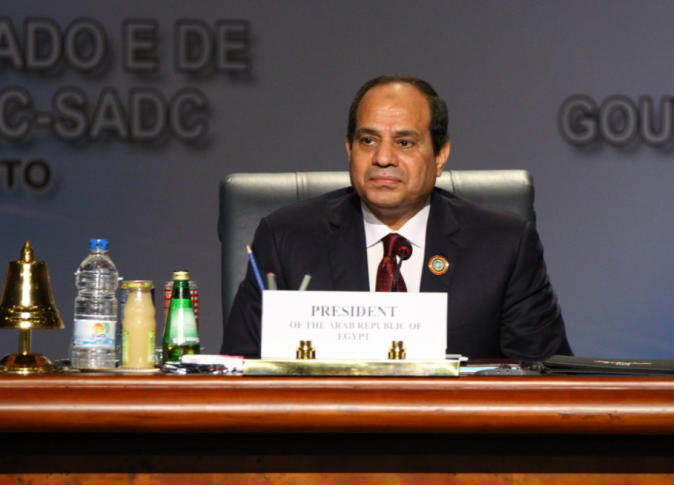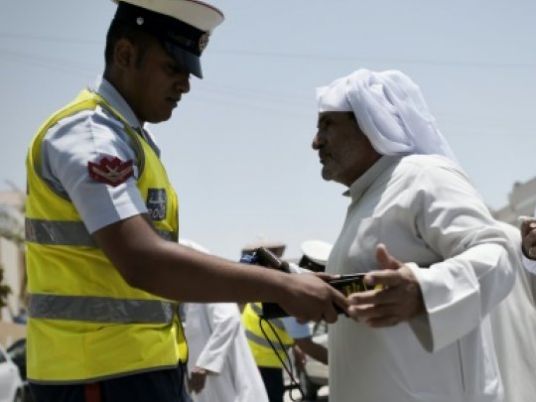The military prosecutor postponed the interrogation of two activists accused of stirring violence on 9 October and 30 October.
The activists, Alaa Abd El Fattah and Bahaa Saber, have been accused of fueling the Maspero violence where thousands of Copts marched to the state television building in protest to attacks on churches in an event that ended in mass chaos. Twenty-eight people, mostly civilian Copts, were killed and scores were injured as the army was witnessed as firing at protesters and running them over with armored personnel carriers (APCs).
Abd El Fattah and Saber were witnessed by Al-Masry Al-Youm reporters on the day of the events as taking part in the protest and eventually helping transfer the wounded to the Coptic Hospital, where most dead bodies were taken. They were witnessed again by Al-Masry Al-Youm the following day at the Coptic Hospital, helping out families there.
The reasons behind the summons are unknown, according to Ahmed Seif al-Islam, Abd El Fattah’s father and a lawyer who demanded the postponement of the interrogations until his son is back, as he is currently attending a conference in the US. Saber, who spoke to Al-Masry Al-Youm on Monday, said he received the summons order at his house and was told informally by a military officer that it is because of the Maspero events.
However, a video blogger going by the alias Ahmed Spider said on his YouTube channel that he is the one who submitted video evidence against Abd El Fattah, showing him throwing stones on 9 October. The video posted by Spider is titled: “Alaa Abd El Fattah the atheist runs away to America after I submitted a case against him.”
Spider, an active video blogger, has run intensive campaigns against activists, including the April 6 Youth Movement, accusing them of being affiliates of Western agents who are interested in destabilizing the country.
Outside the site of the East Cairo military prosecutor’s office, a group of activists congregated in solidarity with Abd El Fattah and Saber.
“It’s the same brainwashing strategy [of the military] that depends on the fact that people will believe anything they are told. Anyone who goes over the resumes of Alaa and Bahaa will know quite well how these people have been fighting for Egypt’s freedom. People who are ready to testify in their favor are countless,” said Joana Joseph, 38, an activist. She added that the military is trying to scare off prominent activists so that the younger or less-known ones would be intimidated. “But we will not be threatened, we stopped being scared a long time ago.”
Activists have been vocal about the fact that civilians are increasingly tried in military courts ever since the 18-day uprising that toppled the former Mubarak regime. To date, human rights watchdogs estimate that about 12,000 civilians still face military trials.
“It's very strange that civilians are facing military investigations and not one person from state television is facing a similar treatment for instigating Egyptians against each other,” said Noha Fekry, 30, another activist present in front of the military prosecutor’s office.
On 9 October, state television covered the violence as solely perpetrated by a group of armed Coptic protesters and called on Egyptians to take to the streets and protect their army.
Adel Morsy, head of the military prosecution, said on 24 October at a press conference that it it is his office's responsibility to try civilians and hence it is illegal to call for a stop to military trials for civilians. He added that military justice has been mostly concerned with combating crime ever since the 25 January revolution erupted.
Abd El Fattah and Saber were previously arrested and detained in 2006 when they were active in anti-Mubarak regime protests.



